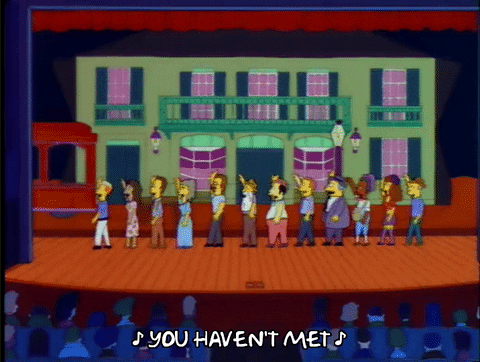I can think of reasons why your resistance to burn damage might be strange and finicky, but if that is the case you could just make a new advantage to represent them (and they probably will end up looking less contrived than how you might end up justifying the game as is).
...
My point is that, for a "simulationist" game, I expect something where the rules are molded to fit with the fictional reality of the game (that might include things like aliens, psionic powers and nuclear battery powered lasers), not the other way around.
The problem with this approach is that it is incompatible with being a
Generic Universal Role Playing System.
And yet it was in the first to third edition of the generic universal system that, as far as I know, this approach was done the best. Modular powers is not necessary for GURPS to be generic; and in fact the old magic system remaining in the game opens up the possibility of ignoring the modular powers altogether, even in 4e.
GURPS approach has always been that of a toolbox, giving rules from the most generic case and giving the GM options and instructions so they can choose how to deal with things in their games.
If you bind together effects at the rules level you suddenly need to build every conceivable permutation of every conceivable power. This approach is only feasible if you are modelling a specific world. It does not work as a toolbox. Presumably this is why 3E didn't take this approach with everything either.
Not really. Take, again, GURPS magic. It didn't consider all the different ways magic could work in a fantastic setting. In fact, it is actually quite peculiar to GURPS. GMs can either use it as is, add one or two house rules or butcher the system entirely. For instance, GURPS: Mage the Ascension uses an entirely different system that mimics the rules of the White Wolf game.
This approach doesn't even preclude the system from having some modular systems, provided the pieces of such systems remain grounded in the fictional reality.
4E committed to being generic and gives all the effects you need to model anything. It is a toolbox. Perhaps that does make it less simulationist in that more of the simulating responsibility falls on the GM, but that's the price for being generic and universal.
4e is not more generic than 3e. In fact, it is impossible to represent something like immunity to fire that in 3e was done with a single advantage.
I don't think the term 'balance' is correct here; I would describe it as distillation, the paring down of effects to their fundamentals. Nobody, least of all SJG, believes GURPS is balanced.
Well, the point system is in there for balance, that is by definition what a point system does. Although it is up to debate what is being balanced in first place. But if you prefer, we might call it an economy instead. The powers system has an economy, defined by the generic power costs that make up the system. One reason "immunity" is not a valid power in 4e (by raw, at least) is that it would mess the economy of DRs. This by itself is not a problem if powers are a separate subsystem, but 4e tried to make them indistinguishable from advantages.
If HERO does a better job of this, I'm interested to hear how. It tends to get namedropped in these sorts of discussions but I've never played it and the community that does seems to be vanishingly small.
It is the same design principle; though in HERO, you don't have several other systems like magic or technology that do their own thing. Instead almost everything is done through powers. The exception to the rule is skills, but skills pretty much either interact with powers or do very specific things that fall out of the scope of easily accounted for.
Personally, I think the places where it shines over GURPS Powers is how it deals with modifiers and it's "power frameworks", which are ways to represent an ability suite or similar concepts.
















